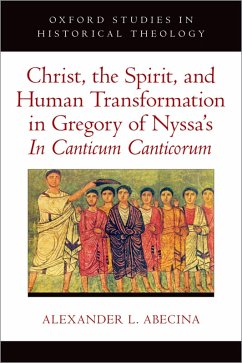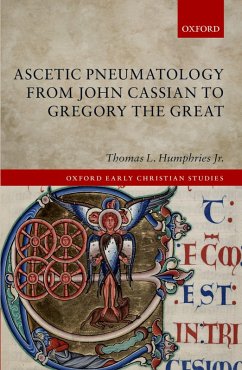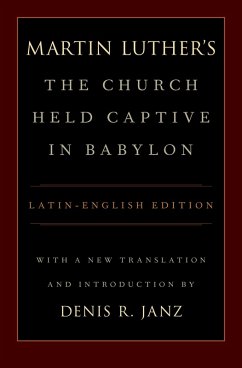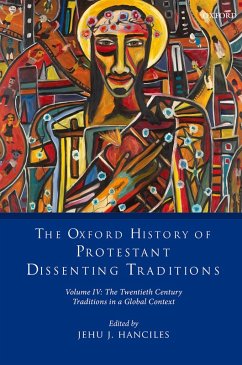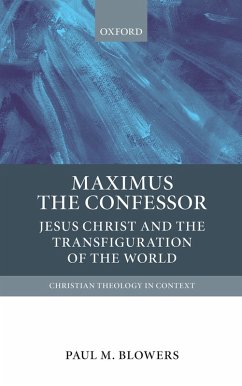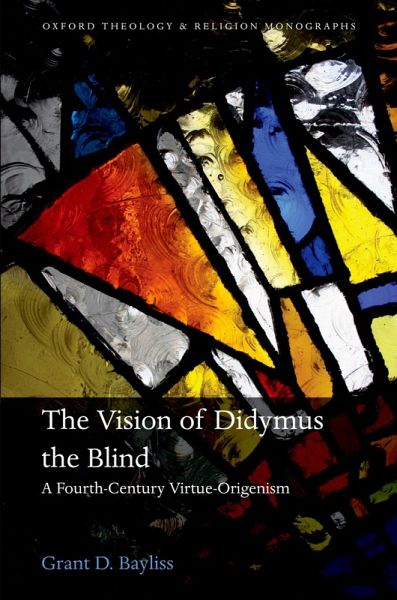
The Vision of Didymus the Blind (eBook, PDF)
A Fourth-Century Virtue-Origenism

PAYBACK Punkte
21 °P sammeln!
An independent teacher, based in Alexandria throughout the second half of the fourth century, Didymus appealed to many within the broadly Origenist currents of Egyptian asceticism, including Jerome, Rufinus, and Evagrius. His commentaries, lecture-notes, and theological treatises show him specifically committed to the legacy of Origen and Philo, rather than a broader 'Alexandrian' or noetic reading of Scripture. Yet his concern was not to answer classic 'Antiochene' critique but rather offer a faithful continuation of many aspects of Origen's thought and exegesis, now made consistent with the ...
An independent teacher, based in Alexandria throughout the second half of the fourth century, Didymus appealed to many within the broadly Origenist currents of Egyptian asceticism, including Jerome, Rufinus, and Evagrius. His commentaries, lecture-notes, and theological treatises show him specifically committed to the legacy of Origen and Philo, rather than a broader 'Alexandrian' or noetic reading of Scripture. Yet his concern was not to answer classic 'Antiochene' critique but rather offer a faithful continuation of many aspects of Origen's thought and exegesis, now made consistent with the broader anti-subordinationist developments in Nicene faith from the 350s onwards. In doing so he made virtue a primary category of reality, human existence, and life, in ways that go beyond the traditional philosophical tropes. This 'turn to virtue' draws parallels with wider fourth-century trends but it sets Didymus' own Origenism apart from those of other Origenists, such as Eusebius of Caesarea or Evagrius of Pontus. Thus detailed discussion focuses on Didymus' portrayal of virtue, sin, and passion, which together form the constant hermeneutical terrain for his anagogical exegesis and exhortation to a dynamic process of ascent. Speculative comments of Origen on the pre-existence of the soul, salvation of the devil, pre-passion, and the sin of Adam are shown to be reframed, both to aid the individual's navigation of the return to virtue and to answer the challenge of contemporary Manichaean and Apollinarian beliefs.
Dieser Download kann aus rechtlichen Gründen nur mit Rechnungsadresse in A, B, BG, CY, CZ, D, DK, EW, E, FIN, F, GR, HR, H, IRL, I, LT, L, LR, M, NL, PL, P, R, S, SLO, SK ausgeliefert werden.





